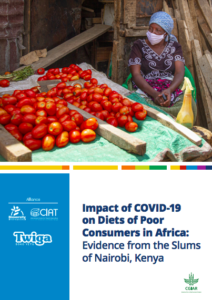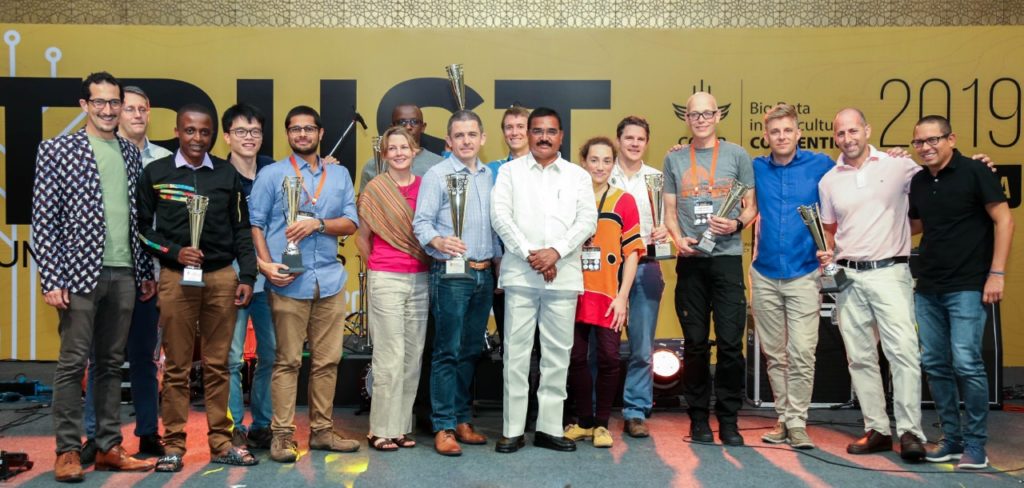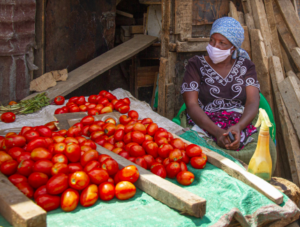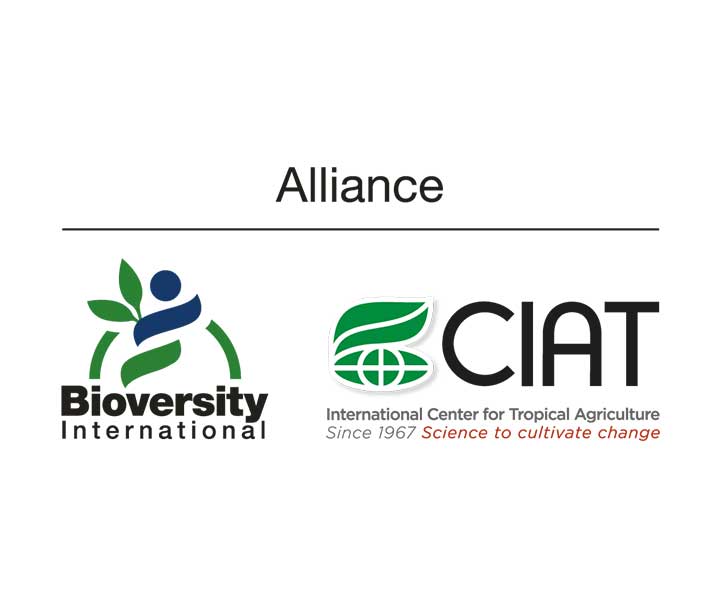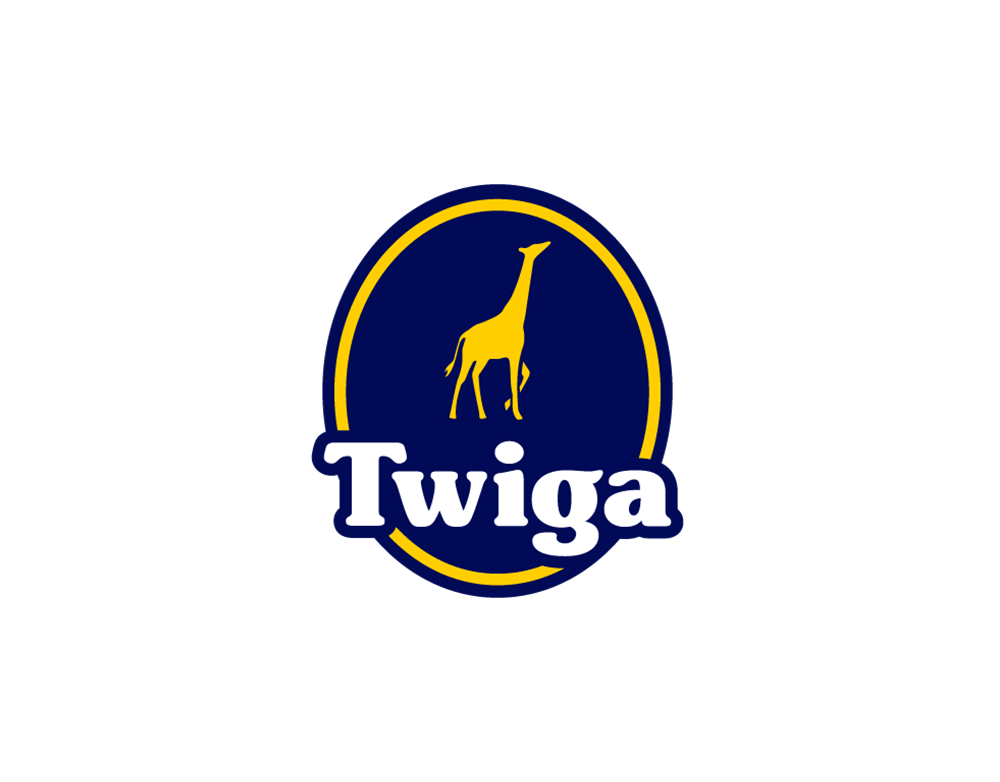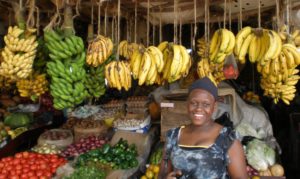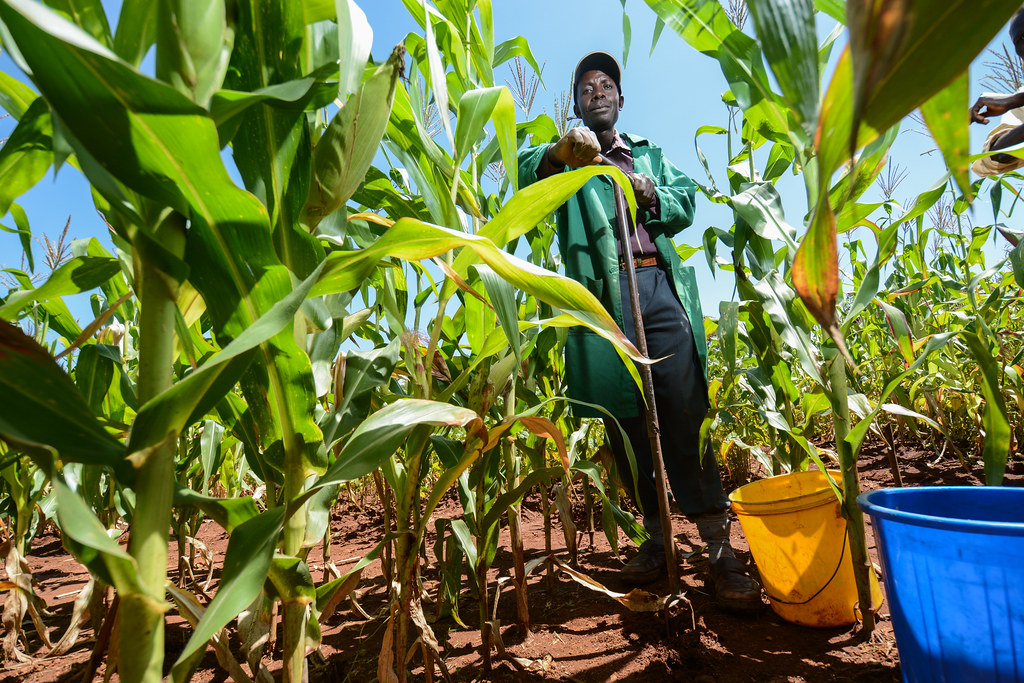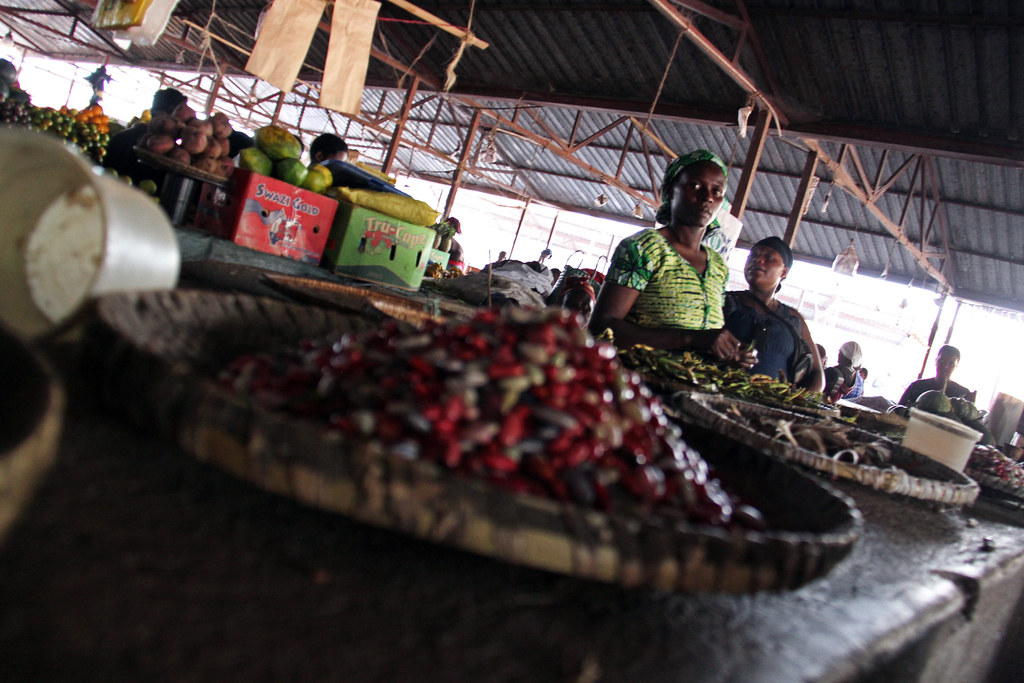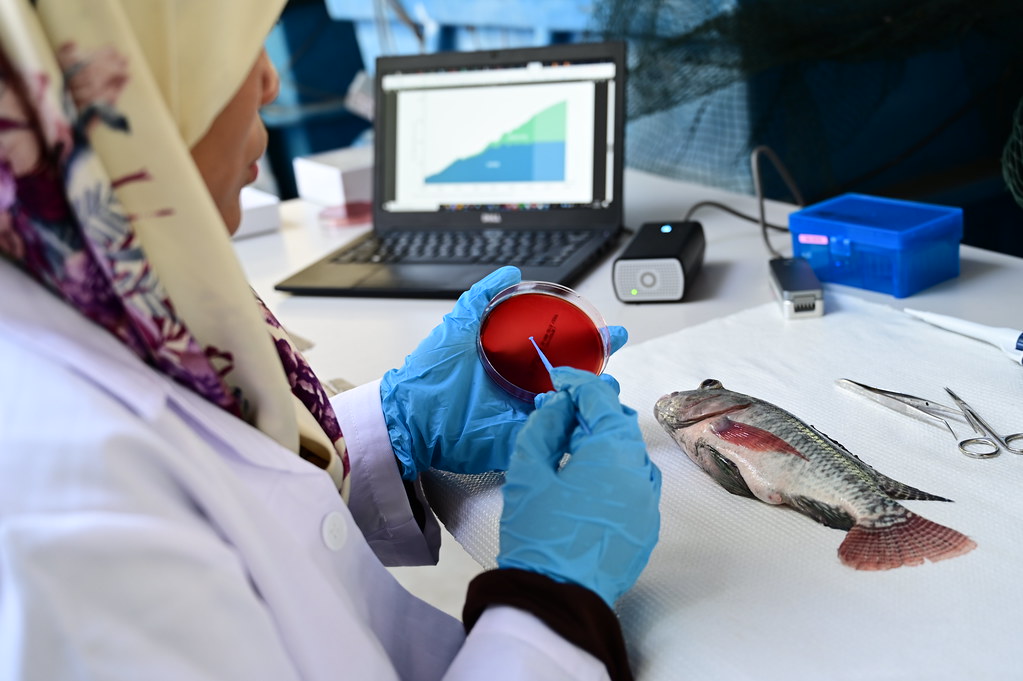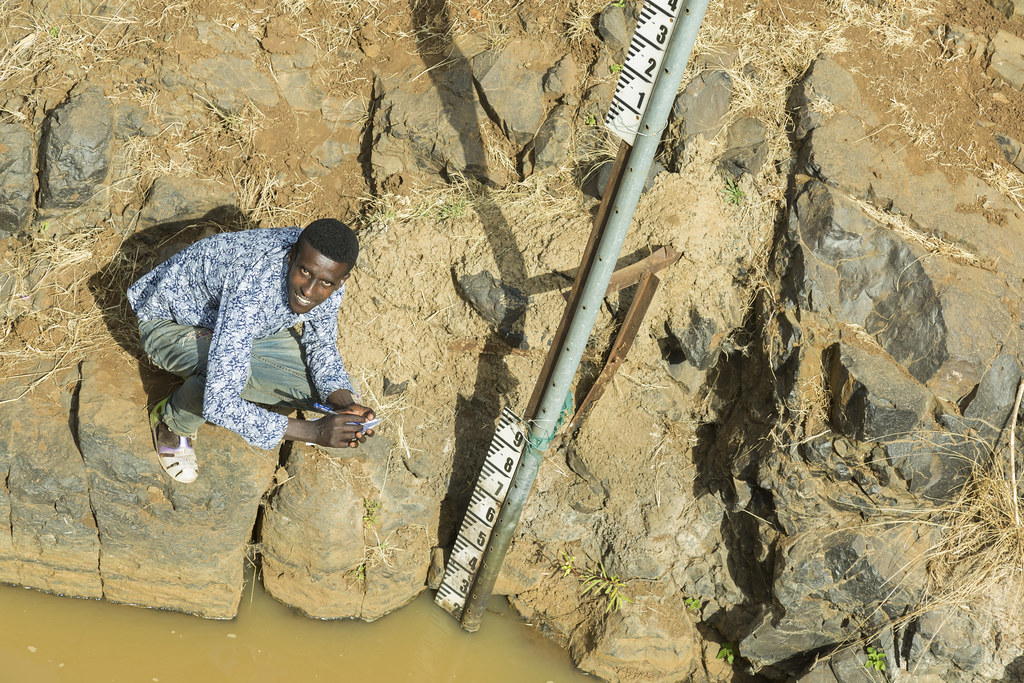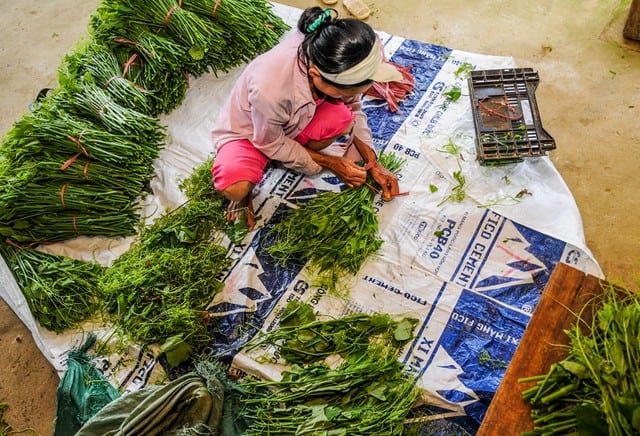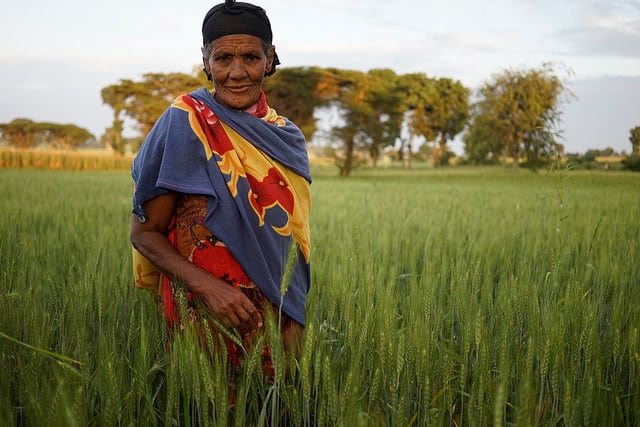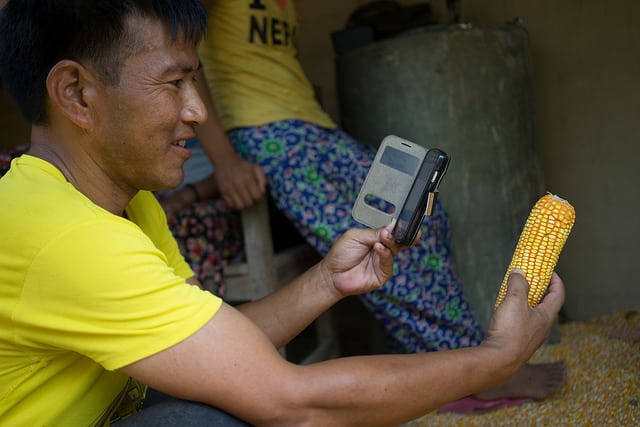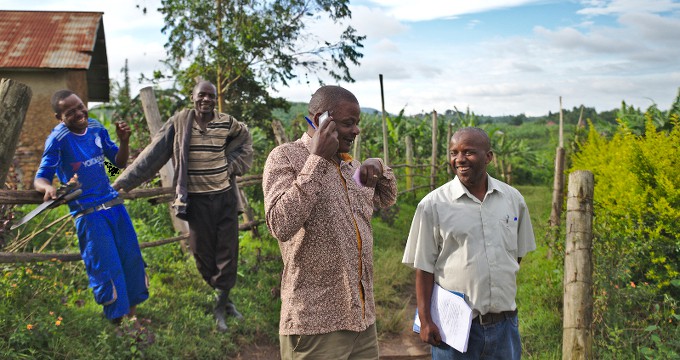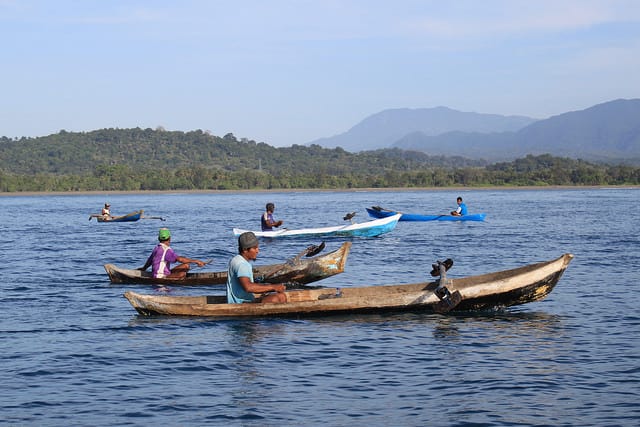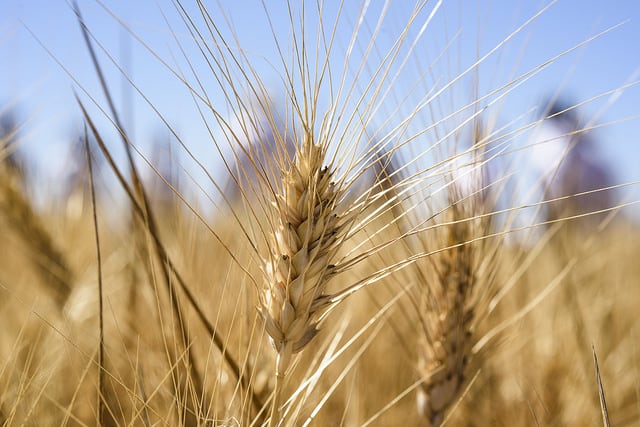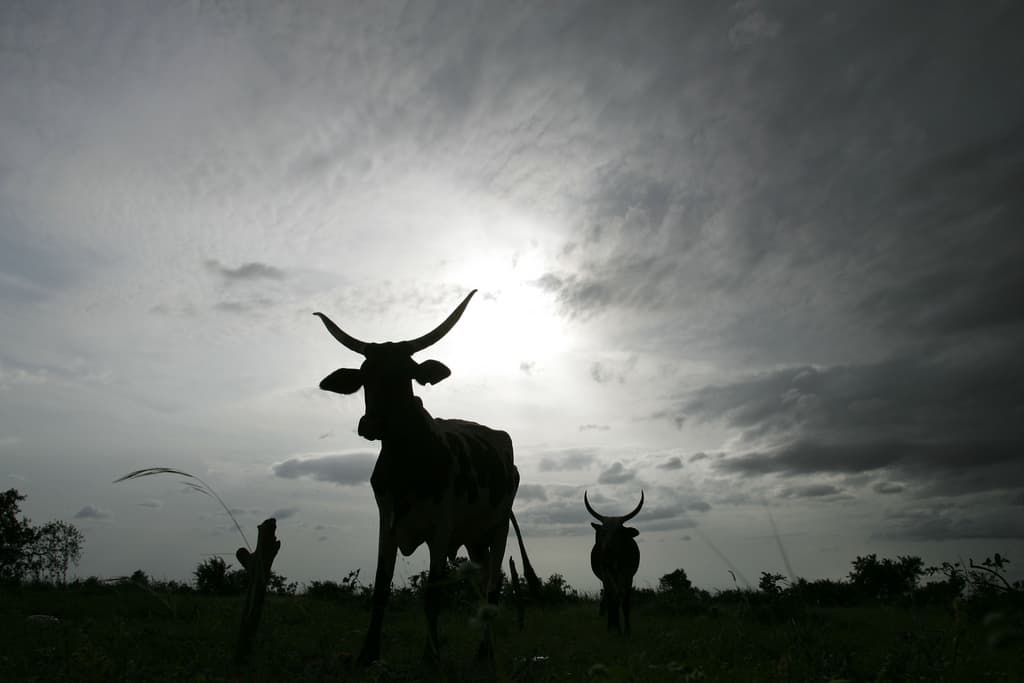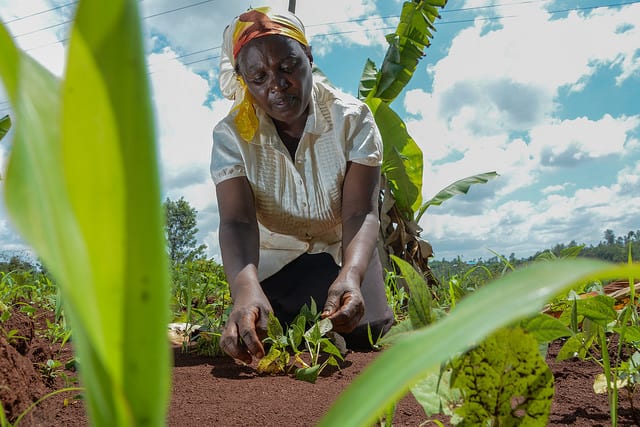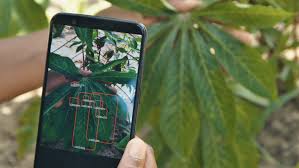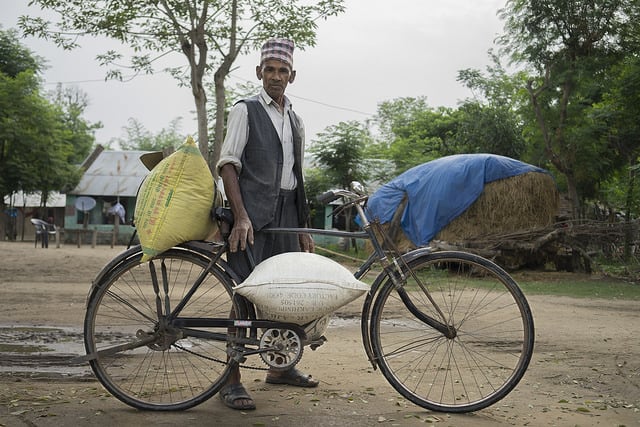2019 Winner
Hungry cities: Inclusive food markets in Africa
Kenya
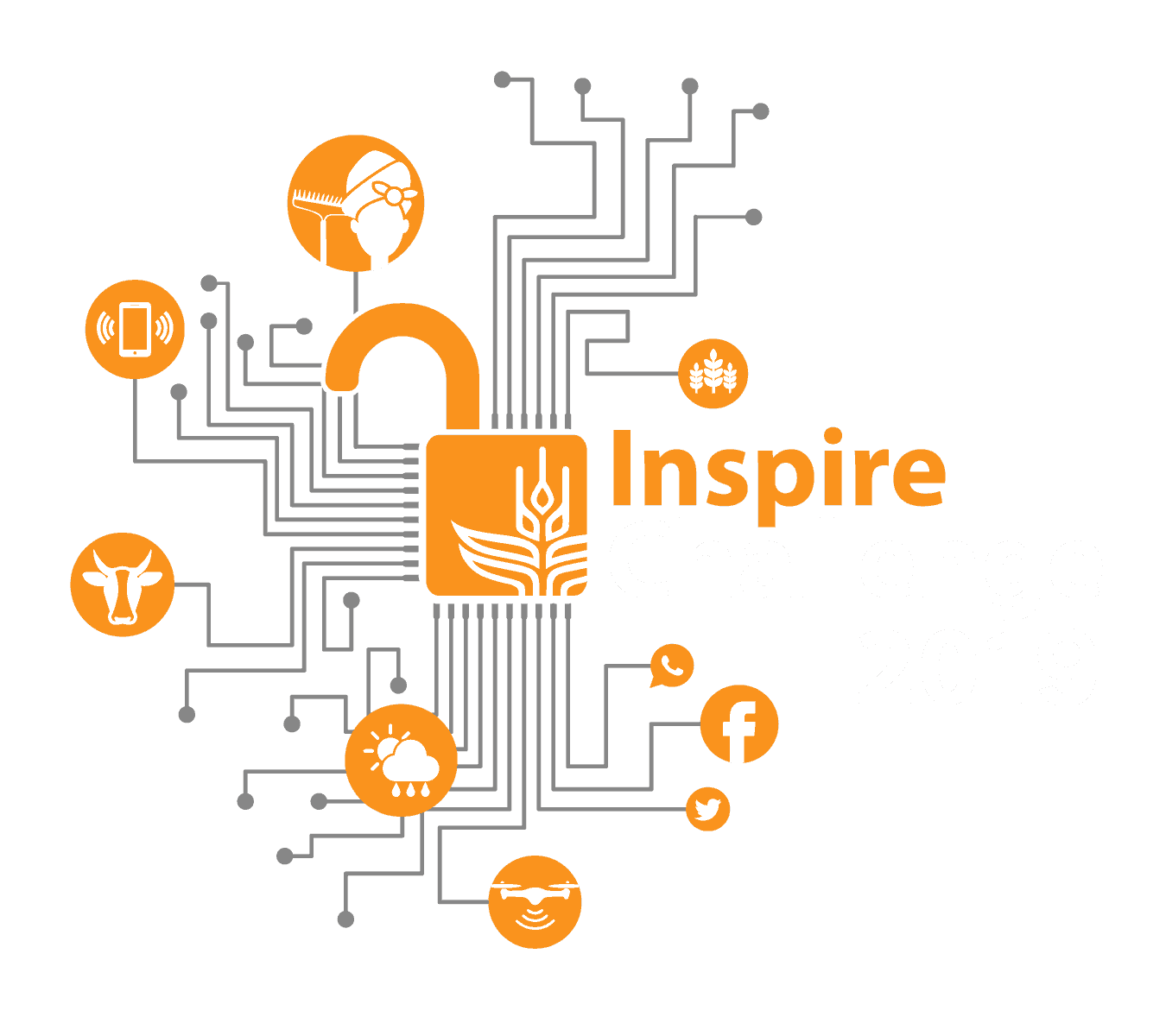
Food systems serving low-income, urban populations feed billions of consumers around the world, yet they can be challenging to analyze due to data gaps. To gain insights into the metropolitan Nairobi food system, the project proposes to analyze five years of commercial data on 17 fruit and vegetable crops from more than 20,000 farmers and 12,000 retailers and wholesale markets. Insights will support data-driven policy engagement, improve business decisions, and further research on the role of fresh fruits and vegetables (FFV) in reducing nutritional deficiencies in low-income populations.
More about the project
Low-income populations in Nairobi have decreased access to FFV, which plays a key role in determining nutritional status; they disproportionately face iron and vitamin A deficiencies, and most households cite availability and cost as the main constraints to FFV consumption.
Because the food systems that feed low-income, urban populations in Nairobi contain multiple actors from fork to farm, both formal and informal, only partial or, in some cases, even contradictory information exists about the availability of products, consumption patterns, and price dynamics.
To close this data gap and improve access to affordable FFV, the project proposes to analyze five years of commercial fruit and vegetable crop data collected from the more than 20,000 farmers and 12,000 retailers in the Nairobi metropolitan food system by Twiga Foods, a Nairobi based start-up.
Founded in 2014, Twiga Foods offers market-based solutions through an innovative business-to-business model. Using mobile technology, Twiga Foods has captured five years of market demand data for 17 fruit and vegetable crops from more than 20,000 farmers and 12,000 small-scale vendors.
The data-driven insights generated by this project will help identify inefficiencies in FFV production and distribution, assist policymakers in identifying sustainable solutions to providing healthy, safe, and affordable food to a growing urban population in Nairobi and beyond.
This Inspire Challenge proposal was selected as a 2019 pilot project winner, receiving a total of US$ 100,000 to put their ideas into practice. Learn more about the Inspire Challenge Grant here.
Step by step
2021
FEB 2021
Retail data capture APP development
The team is developing a retail data App that will be used to collect information from informal vendors and retailers in the urban areas of Nairobi. This will help the them:
- Understand commodities vendors are selling, prices, quantities, challenges experienced in selling the commodities, etc.
- Assist in identifying challenges between retailer and consumers and pin down the value chain actor best suited to address the challenges
Twiga Foods will also use this APP to capture data in other regions across the country (outside project sites).
APRIL 2021
Third cycle of consumer data collection
The 5Q approach was used to capture consumer trends in the third round of data collection with the same 2,465 households that were first surveyed in March 2020.
The consumer data collection included a COVID-19 impact lens so that the team can understand how the pandemic has affected consumer behavior and the diets of consumers in the urban areas. A gender lens will also be included in the data collected to identify how women and men-headed households were affected differently.
APRIL 2021
CRP funds acquired to test challenges identified in project studies
In collaboration with Twiga Foods, the team acquired additional funding from the Conservation Reserve Program (CRP) to conduct A/B pilot experiments in order to test multiple interventions after identifying challenges in some of the findings from the consumer studies conducted over the past year.
The results show several barriers in consuming nutritious food including lack of adequate nutrition information; insufficient food safety information; and unavailability of some of the foods in the market/with the vendors close to them.
JUNE 2021
Analysis on wholesale and retail data collected
The team will finalize its data collection to analyze the information on large food retailer data sets (collected by Twiga Foods) and the food distribution in urban Nairobi.
JUNE 2021
Analysis of big data from urban consumer
The team will start analyzing data from the three rounds of data collection.
2020
JAN 2020
App and survey development
The Twiga team developed the data collection app, and the CIAT team surveyed market wholesalers, retailers, and consumers.
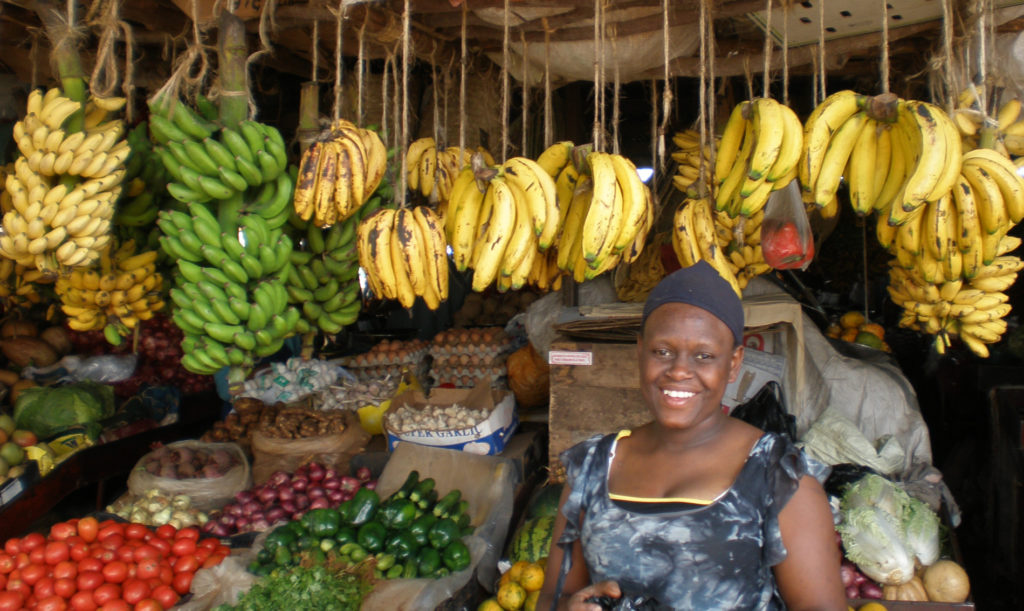
Phto: A. Vezina / Bioversity International. Dessert bananas on display at a fruit and vegetable market in Nairobi, Kenya.
MARCH - APRIL 2020
High frequency consumer surveys with COVID-19 adaptations
The COVID-19 pandemic hit Nairobi, Kenya as the team was set to begin consumer surveys about fruit and vegetable consumption. In response, the team added survey questions related to the impacts of the COVID-19 crisis.
Due to COVID-19 lockdown measures, the 2,465 households were surveyed via phone interviews.
Through the surveys, the team sought to understand how consumers’ food security and nutrition were impacted by the COVID-19 crisis, as well as the government’s policies in response.
JUNE 2020
Phone surveys shed light on dire food insecurity in Nairobi slums
As the team collected high-frequency data via phone interviews from thousands of households, it became apparent that the COVID-19 pandemic dramatically affected access, affordability, and consumption of nutritious foods, especially for low-income consumers in Nairobi.
While the calls paint a grim picture of residents lacking access to water and income and facing high rates of disease, careful listening helps researchers find details and granularity that reveal food system flows and food consumption patterns before and during the crisis, and develop better approaches for a post-COVID recovery.
Click here to read transcripts of phone interviews with residents of Kibera and Mathare, the two largest slums of Nairobi.
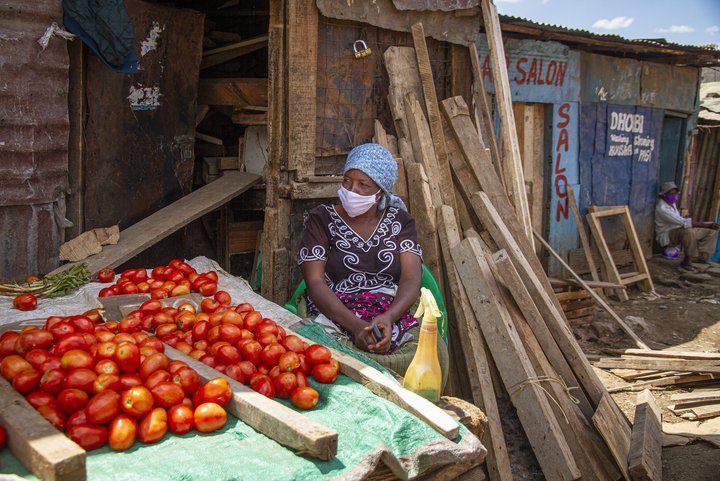
A woman sells tomatoes at a market in a slum of Nairobi, Kenya during the COVID-19 pandemic. Photo: UN Habitat/K.Milhahn.
JUNE - NOV 2020
Data leveraged to address consumer needs
In response to the team’s data on the negative impacts of the COVID-19 crisis on food security and nutrition, Twiga Foods reduced prices for fresh fruits and vegetables, specifically in Nairobi slum areas.
Additionally, the team collaborated with the Kenyan Ministry of Agriculture and the Ministry of Health and Nutrition to improve the diets of low-income consumers during the pandemic. They shared their big data analysis on consumer impacts to inform government and private sector responses to the crisis.
Watch the video below for more info on how the project helped get fresh fruits and vegetables to the people who needed them the most:
JULY 2020
Working paper published on the impact of COVID-19 on diets of poor consumers in Nairobi
A working paper on the impact of COVID-19 on diets of poor consumers in Nairobi, Kenya was published based on the primary data the team collected from 2,465 households between April and May 2020.
The report finds that roughly 90% of households in the Nairobi slums reported dire food insecurity situations. They were not able to eat the kind of foods they preferred, they ate a limited variety of foods, a smaller meal than they felt they needed and fewer number of meals in a day.
In addition to the analysis, the report presents several factors associated with quality food consumption during the pandemic and advocates for the inclusion of vulnerable consumers in policy design and implementation.
JULY 2020 - June 2021
Ongoing big data analysis of the retail data for urban retailers
The team is analyzing a large food retailer data set (collected by Twiga Foods) to understand the food distribution in urban Nairobi, especially in the slums.
NOV 2020
Second cycle of consumer data collection
A second round of data collection began for the same 2,465 households. The survey included both the standard set of consumer questions, as well as follow-up questions to the COVID-19-specific question to understand how COVID-19-related policy changes affected fresh fruit and vegetable consumption.
NOV 2020
Wholesale market APP developed
The team developed a wholesale data capture APP to assist the data collection at the wholesale markets across Nairobi.
The tool is being used to collect data to understand food consumption in Nairobi, from what regions the food comes from, the price distribution for different commodities, and the seasonal effects on the consumer.
NOV 2020
Five million data points analyzed
The team analyzed a Twiga Foods dataset that captures the different types of foods sold in markets in low and middle-income areas. The dataset spans from May 2019 through October 2020 and contains five million data points.
From this analysis, the team sought to identify gaps in the types of foods retailers make available to consumers and make intervention recommendations aimed at improving consumers’ food security and nutrition.
2019
OCT 2019
Project awarded US$100K Inspire Challenge grant
The project was one of four winners of the Inspire Challenge 2019 and was awarded US$100K at the Convention of the CGIAR Platform for Big Data in Agriculture, during 16-18 October, 2019.
Gender & Youth Inclusion
- The project will identify how women and men-headed households were affected differently during the COVID-19 pandemic.
- The project published a study on the consumption of nutritious foods as well as diets of poor slum dwellers and middle-income non-slum dwellers in Nairobi, Kenya. In terms of diets for specific vulnerable consumers, studies show that 40–50% of women of reproductive age do not meet the recommended minimum dietary quality. Also, they identified that women have more productive and reproductive roles in the household compared to men.
Project News and Resources
Meet all the Winners

